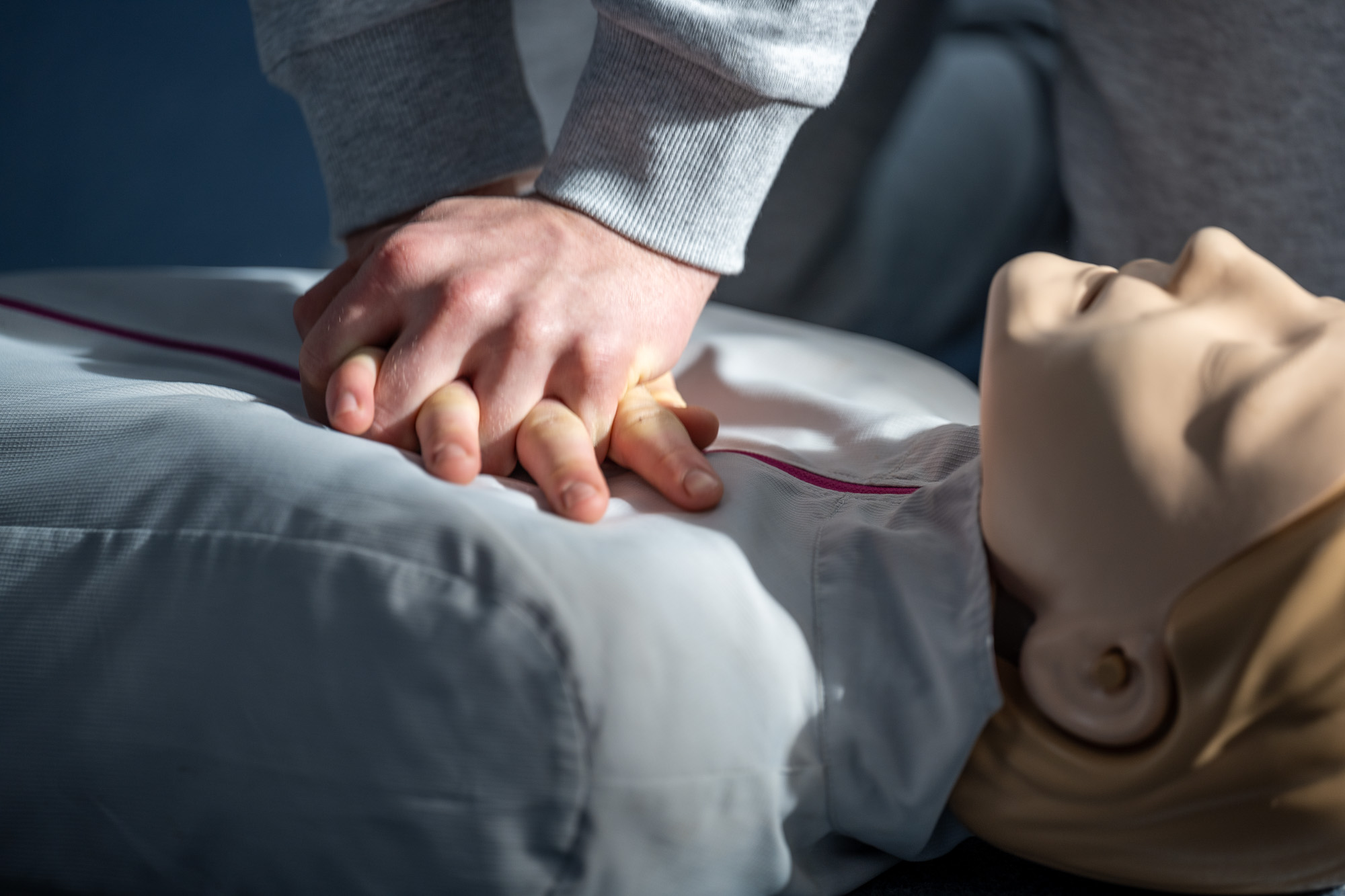
Safety is a top priority in every workplace. Accidents and medical emergencies can occur without warning, making it essential to have trained personnel ready to respond quickly and effectively. This is where First Aiders play a crucial role. But what exactly does a First Aider do, and why is it so important to have one?
A First Aider is someone who has completed certified training to provide immediate assistance to anyone suffering from an injury or illness at work. The primary goal of a First Aider is to preserve life, prevent the situation from worsening, and promote recovery until medical professional help arrives.
Here are the core responsibilities of a First Aider:
Assessing the situation
Quickly evaluate the scene for safety risks
Identify the nature and severity of the medical issue
Make informed decisions about the best response
Providing Immediate First Aid
Administer first aid based on training (CRP, wound care, treating burns, dealing with shock)
Use an Automated External Defibrillator, if necessary
Ensure the injured person is comfortable and safe
Calling for Emergency Services
Contact emergency services when necessary
Provide accurate details about the incident and the person’s condition
Monitoring the Casualty
Keep the person calm and under observation
Monitor vital signs until professional help arrives
Using and Maintaining First Aid Equipment
Know the location and contents of the first aid kit
Ensure kits are well stocked and checked regularly ensuring everything is in-date
Recording and reporting the incident
Fill out the workplace incident or accident report log
Report to the appropriate health and safety personnel
Workplace First Aiders also have legal responsibility under occupational health and safety laws. These include:
Duty of Care
A First Aider has a legal obligation to act within their training and not do anything that could worsen the injury.
They should not provide treatment beyond the scope of their training
Confidentiality
All personal or medical information shared or observed during treatment must remain confidential
Consent
First Aiders should always obtain consent before administering aid – unless the person is unconscious and unable to give it.
Accurate Reporting
Proper documentation of incidents is essential and may be required in case of future investigation or legal actions
Employers must ensure First Aiders have valid and current certifications.
First Aiders have a responsibility to attend refresher courses and stay updated with best practices.
In an emergency, the presence of a skilled and confident First Aider can mean the difference between life and death. Whether it’s a workplace incident, a public accident or a health crisis at home, First Aiders are often the first line of response before professional help arrives.
First Aid Knowledge
A good First Aider has a solid grasp of basic life-saving techniques including:
CPR
Using a AED (Automated External Defibrillator)
Managing wounds and bleeding
Treating burns, fractures and other common injuries
Recognising symptoms of serious conditions like a stroke, shock or a heart attack
Quick and Accurate Assessments
The ability to assess a scene and the casualty’s condition rapidly is vital. A First Aider must decide who needs help first, identify life-threatening issues, and take immediate action.
Clear Communication
During an emergency, communication is everything. First Aiders need to:
Reassure the casualty
Give calm and clear instructions
Provide accurate details to emergency responders
Record Keeping
Good documentation of incidents helps with follow-up care and may be legally required. Recoding what happened, what was done and the outcome is a critical part of the role.
Staying Updated
First Aid techniques and protocols can change. A responsible First Aider keeps their certification up to date and stays informed on the latest best practices.
The presence of trained First Aiders can:
Reduce the impact of workplace accidents
Save lives in critical situations
Promote a proactive safety culture
Ensure compliance with Health and Safety legislation
Accidents and medical emergencies can happen at any time, even in the safest workplaces. That's why having someone trained to provide first aid is so important. In the UK, workplace first aid is governed by the Health and Safety (First-Aid) Regulation 1981. These regulations state that employers must provide adequate and appropriate first aid equipment, facilities, and personnel so employees can receive immediate help if they are injured or taken ill at work.
Understanding the role and responsibilities of a First Aider is crucial for building a safe workplace. Whether handling an emergency, offering reassurance or reporting accidents properly, First Aiders are vital to every company. Investing in First Aid training isn’t just about compliance – it’s about protecting your people.
In an emergency, knowing what to do and how to do it with confidence can save lives. Whether you’re looking to become a designated First Aider at work or simply want to be prepared for unexpected situations, developing strong first aid skills is essential.
That’s where Haswell comes in.
At Haswell, we specialise in delivering practical, accredited and confidence-building first aid training that equips you with the skills you need - when it matters most.

About the author: Frances White
Frances White is a skilled training consultant at Haswell Training in Norwich, England. She specializes in designing and helping individuals and organizations achieve their learning goals.
View Frances White's full bioBook in a free meeting with our wellbeing lead who can visit you and your team in person or via M...
This page aims to provide you with some clarity and options to support you in making that step. ...
Those working in construction are nearly four times more likely to take their own life when compa...
Here we will explore what asbestos is, what a Category A Asbestos Awareness Course entails (https...
Our aim is to share a weekly blog exploring all things Haswell and training related.